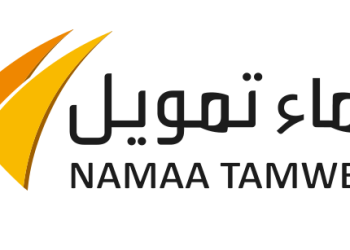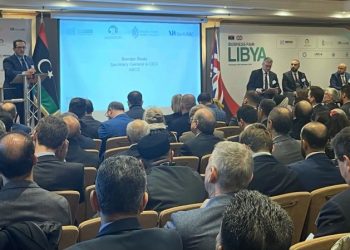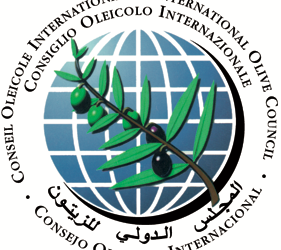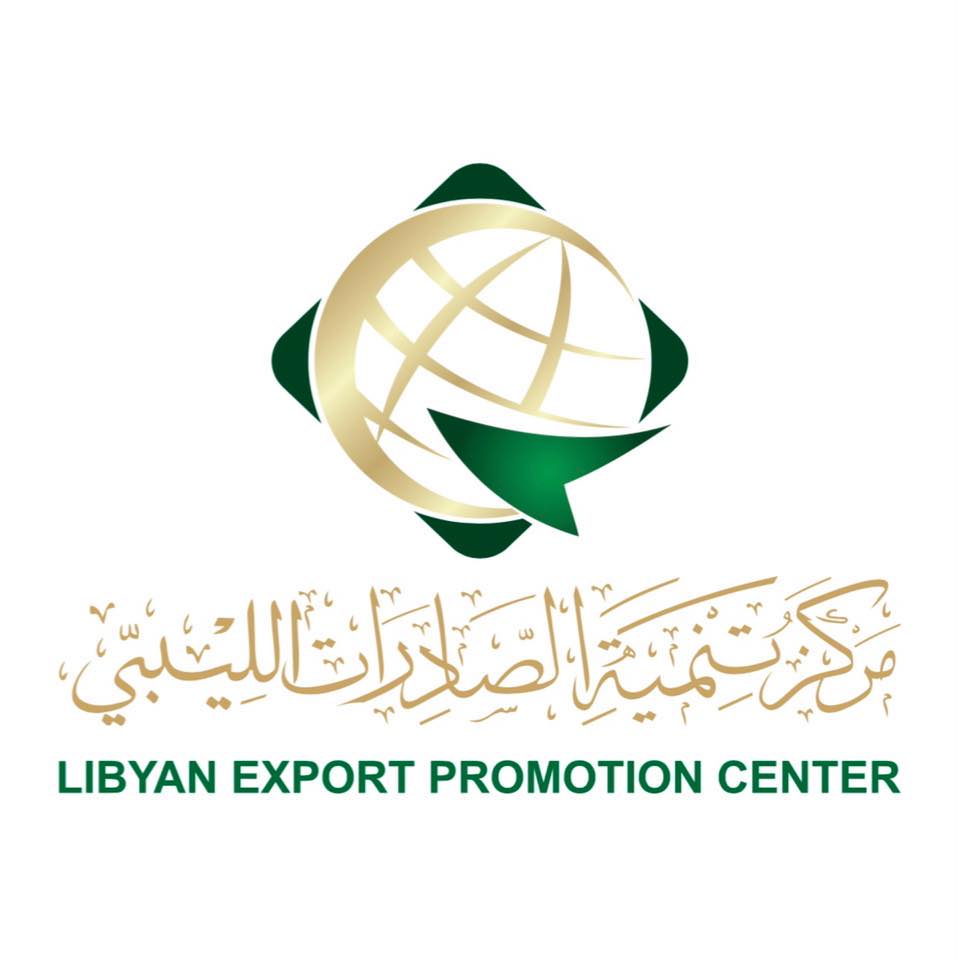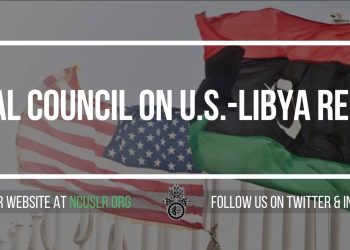By Sami Zaptia.

London, 13 January 2016:
The Tripoli-based Central Bank of Libya (CBL) has introduced a raft of stringent internal and external conditions . . .[restrict]on the opening of Documentary Letters of Credit (LCs).
The conditions dated 7th January but published yesterday are quite detailed and lengthy running into seven pages.
They include the use of the relatively new internal credit check system by local banks prior to giving any sort of credit facilities to any Libyan.
In future, deposits made by debtors will not be returned to the customer until the Libyan authorities are confident that the goods have actually been imported into Libya and that all outstanding customs, tax and banking duties have been paid.
The CBL has also introduced demands on correspondence banks as well as demanding checks on foreign export companies and their owners, including allegations of money laundering, corruption and experience.
The use of international inspection companies and certification as well as heath certification, the use of international established transport companies enabling database and tracking are introduced.
The new conditions also stipulate that no land transport for products from third part nations is permitted and require much more detail in certificates of origin. It also makes it more difficult to import goods from unauthorized dealers or general traders.
The stipulation that international inspection companies are used for goods imported through LCs comes on the back of reports of fake and fraudulent LCs being opened in return for the importation of substandard or bogus goods purely as a means of obtaining hard currency.
In November 2015 the CBL was forced to defend itself against responsibility for import corruption when a huge shipment of substandard rice was detected at Tripoli port.
On 3rd November the Tripoli-based Audit Bureau had partially reversed its mid-October decision of freezing the accounts of 160 individuals and companies for alleged money laundering and customs and tax evasion.
In September 2015 the Tripoli-based government had introduced an import regulation system to unify and control import licences and LCs. In June 2015, the CBL had eased the opening of LCs for manufacturing raw materials.
In May, the Tripoli authorities went as far as imposing an import ban on 32 items through LCs for six months. However, the ban was reversed in June after receiving criticism as inflationary and encouraging black marketeering.
Both the CBL and Audit Bureau have introduced a series of measures over the last two years in an effort to save depleting foreign currency reserves and corruption against money laundering in a climate of post-revolutionary weak state institutions and decreased state oil revenues. [/restrict]



